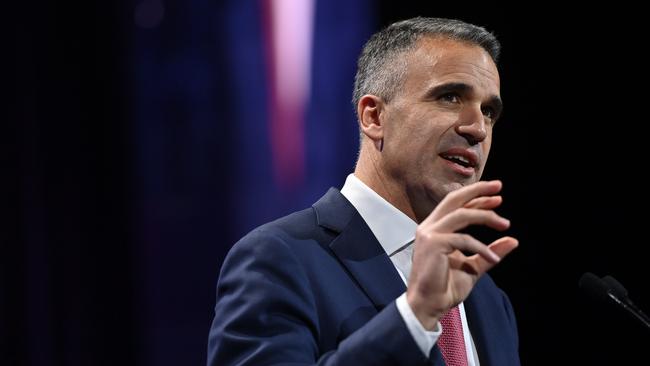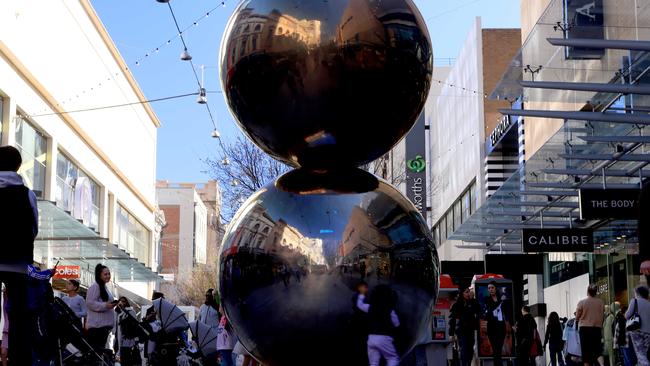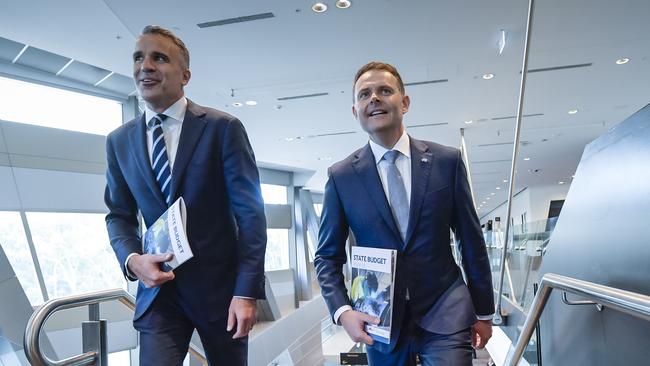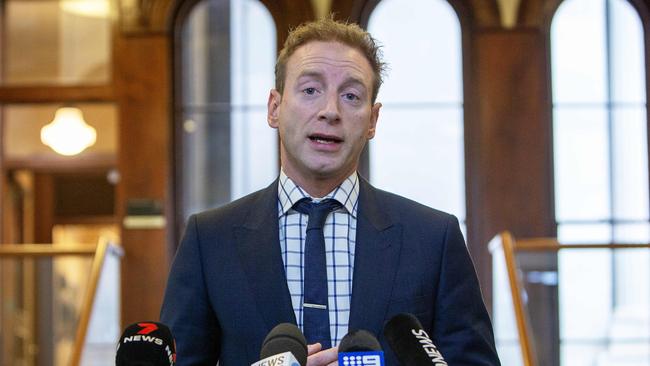South Australian economy again ranked number one in CommSec State of the States report
Australian-best performances in jobs, housing and construction have ranked SA as the top economy in a key survey.
SA News
Don't miss out on the headlines from SA News. Followed categories will be added to My News.
South Australia has snatched the prestigious title of the nation’s top-performing economy for the third consecutive time in the respected CommSec rankings, edging out Western Australia in an unprecedented streak.
Spurred by nation-leading performances in jobs, housing and construction, SA has maintained first place on the State of the States ladder, having vaulted there in January for the first time in the report’s 15-year history.
Premier Peter Malinauskas trumpeted the state’s unprecedented and “enviable position as the nation’s economic leader”, insisting this was backed by clear, independent evidence.

But CommSec, an arm of the Commonwealth Bank, warns Western Australia is in “prime position” to take top spot from SA, which “has lost some momentum recently”.
The report, to be released on Monday, finds SA ranks first on three of eight key indicators: relative unemployment, construction work done and dwelling starts.
SA has the nation’s strongest jobs market, the report finds, when comparing trend unemployment figures with the decade-average level.
SA just trails nation-leading ACT on real economic growth but Adelaide posted the biggest lift in consumer prices, recording the highest capital-city inflation rate in the March quarter.

Mr Malinauskas argued the state had major economic opportunities ahead, despite international headwinds.
“We are number one for jobs. number one for construction and number one for housing starts … This is underpinned by sound economic management, which has allowed us to deliver low taxes and budget surpluses,” he said.
“I know many families are doing it tough in a high-cost environment, but SA’s strong economic position provides a strong platform for our future.”
CommSec says state economies overall have slowed because of higher interest rates and inflation but were generally resilient and “underpinned by firm population growth and low unemployment”.
WA’s population growth was strongest, at 3.31 per cent annually, while SA’s was third-weakest, at 1.65 per cent annually.

But Treasurer Stephen Mullighan said the state economy was continuing “to outperform in the face of national economic headwinds”, arguing the construction sector had held up amid a national slowdown and supported the labour market.
He revealed Fitch Ratings had reaffirmed SA’s credit rating at AA+, which follows S & P Global Ratings last August revising the state’s outlook from negative to stable.

The State of the States survey assesses state and territory economies on eight indicators, aiming to find how each economy is performing compared with “normal”.
Opposition Leader David Speirs has pinpointed surging living and business costs as key issues, arguing the typical SA family is more than $20,000 worse off per year under Labor.
He has vowed a Liberal government would reverse water bill rises, give small business energy bill relief, lift the payroll tax threshold and tackle red tape.
An ANZ Stateometer report released in June warned the SA economy was “now facing a slowdown”, saying annual wages growth had peaked, business investment was dragging and the housing market was extremely tight.





